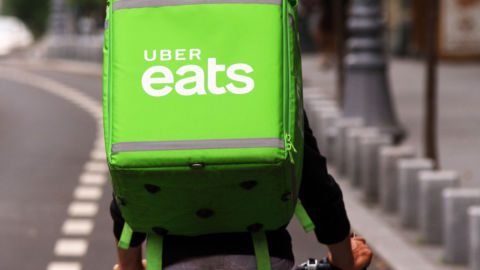H-E-B, a Texas-based supermarket and grocery store, has announced that 55,000 of its employees will be eligible to receive a portion of company stock under a new employee ownership plan going into effect in January 2016. To be eligible, these employees — referred to as Partners — must be at least 21 years old, have worked at the retailer for a year and have worked at least 1,000 hours in a calendar year.
The family-owned retailer will distribute approximately 15% of its shares to eligible Partners. These employees will receive a grant of stock valued at 3% of their salary, plus $100 in stock value for each year of continuous service completed by the end of 2015. As part of the plan, workers can cash out upon leaving or retiring from the company.
Going forward, H-E-B will make yearly contributions to the stock plan based on company performance.
“The Partner Stock Plan is a milestone and a recognition of our most important resource — our people,” said Charles Butt, Chairman and CEO of H-E-B. “Our Partners are the competitive edge that brings innovation, growth, and success to H‑E‑B. This plan has been my dream for decades. It is a gift that recognizes our Partners’ ongoing commitment to H‑E‑B. Our Partners shaped our past, define our present, and will lead us into the future.”
This grant is designed to enhance the long‑term financial security of the retailer’s employee base, and will be offered in addition to all of H‑E‑B’s existing compensation programs, including a 401(k) plan that includes a company match. Eligible Partners will be automatically enrolled in the program without having to make a contribution.
“So many in retail are competing in the race to the bottom, and people are the largest cost. So it seems logical to cut people, and lots of folks are doing it,” said Craig Boyan, President and Chief Operating Officer at H-E-B, in an interview with The New York Times. “We think that’s a trap. We believe the race for the bottom cheapens the American experience. It’s bad for the country and bad for companies.”












